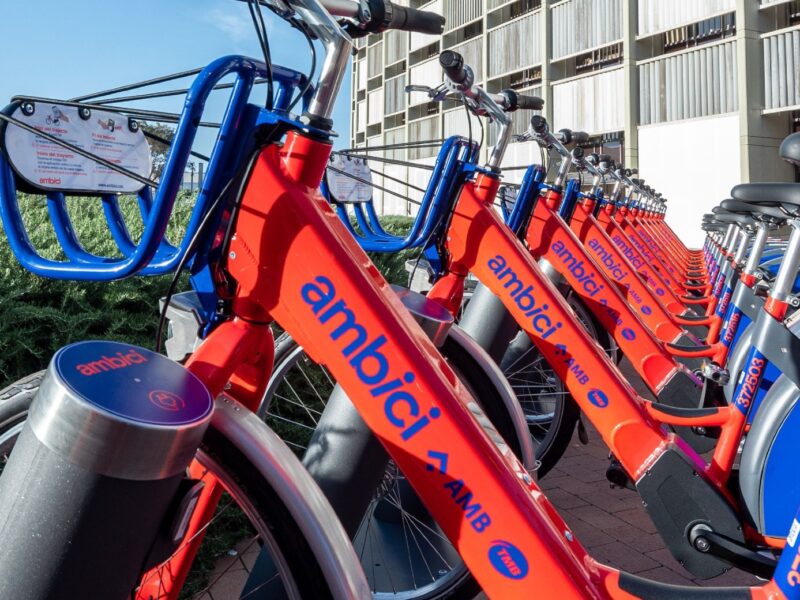MOBILITY
Simulation of new maritime transport service along the coastline in Limassol
As part of the SUMPORT project, the action envisages the simulation of introducing a maritime public transport system in Limassol. This new maritime service along the coastline would provide an alternative way of transport connecting the Limassol Port with other important points in the city.
Challenges addressed
- Traffic congestions during the touristic seasons.
- Excessive use of private cars.
- Parking problems.
Main objectives
- Offer an alternative to land transport.
- Reduce air and noise pollution.
- Reduce traffic congestions.
Facts
Project type Sustainable mobility
Promoter SUMPORT Project
Collaborators Limassol Municipality
Start date 2018
Funding Interreg-MED
Website www.sumport.interreg-med.edu
Project description
Most of Limassol urban activity concentrate along the 25 kilometres of coastal front, generating traffic problems and pollution in the town centre. The creation of a sea transport system will help to decongest the daily traffic and will promote the use of public transport. Moreover, it will offer a magnificent new perspective of the city, that visitors but also normal users will for sure enjoy.
The simulation allowed assessing the impact of introducing a maritime public transport service along the city coastline, as well as the feasibility of this solution. It has been structured in a methodological framework, the simulation itself and the final mentoring and evaluation of the results.
The simulation demonstrated that the implementation of a maritime transport service would have positive impacts in terms of congestion and pollution. Quite surprisingly, it also showed that the techno-economic assumptions were too pessimistic, the overall costs having been largely overestimated. Currently, the Municipality is scoping for potential investors in order to actually deploy the maritime urban transport service.
SUMPORT PROJECT
SUMPORT aims to increase the planning capacities on sustainable mobility of port cities through training activities and exchange of experience.
Apart from the similar challenges that EU cities face, MED cities having ports are confronted with even more complex issues, needing a long-term mobility planning approach, integrating both city- and port-originated transport flows, in order to achieve a sustainable urban mobility.
The main objective is to increase the planning capacities on sustainable mobility of port cities through training activities and exchange of experiences.
The principal outputs of the project are: (a) Conducting trainings for MED port city officials in drafting SUMPs, also benefiting from MED port cities already having them (b) Drafting SUMPs in two MED port cities and updating one already existing (c) Implementing pilot actions and small-scale investments for sustainable mobility in six MED port cities (d) Implementing an e-learning platform for transferring project’s results.
RELEVANCE
Cities having ports face some extra problems adding a greater degree of complexity within the urban mobility. This project attempts to improve the planning capacities of the cities in order to face this issue in better conditions.
Impact and results
- Maritime transport service.
- Private cars reduction.
- Pollution and traffic congestions reduction.
- Improve in the Parking space management.







